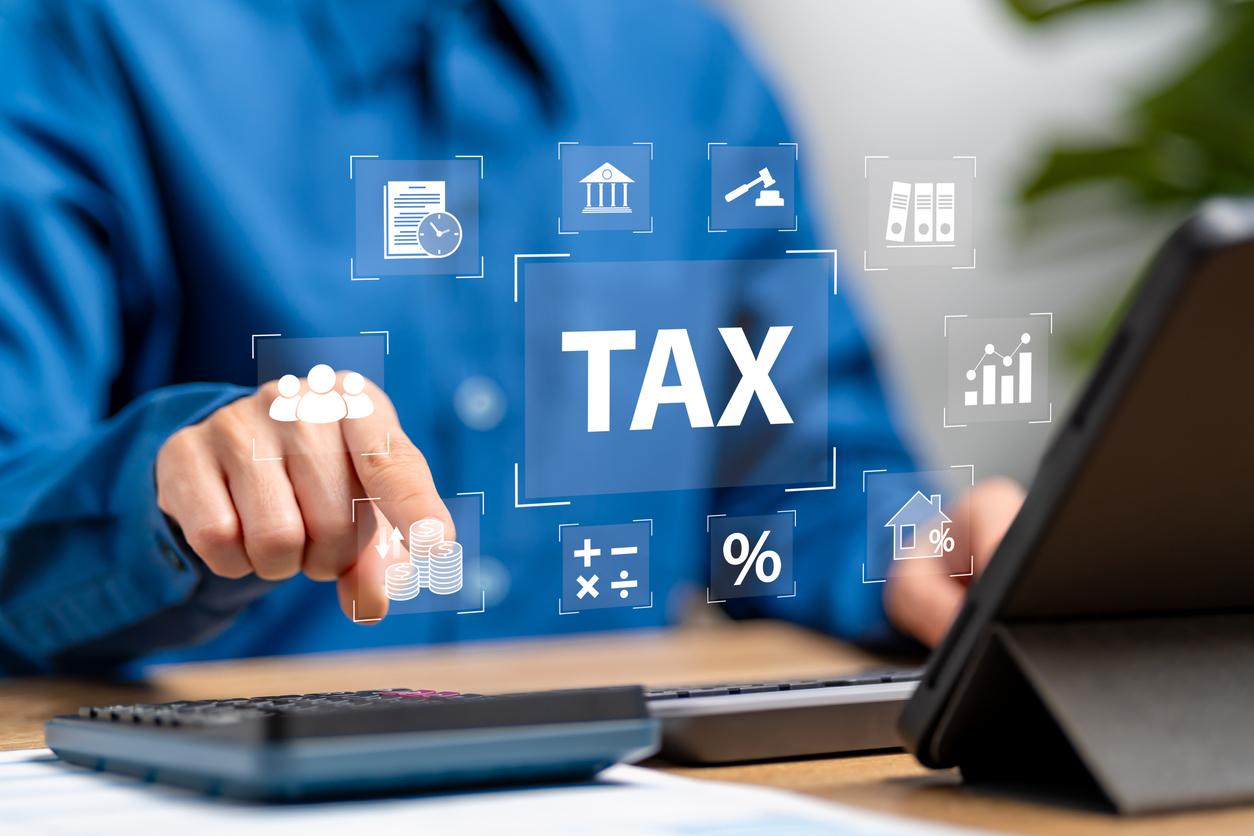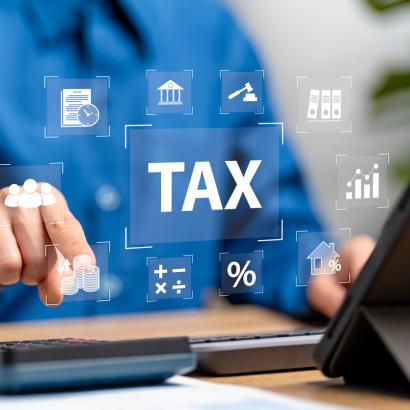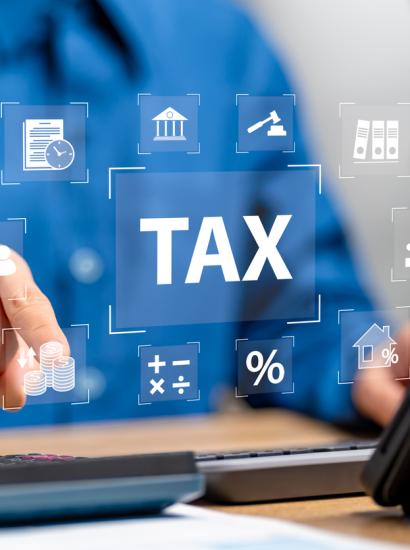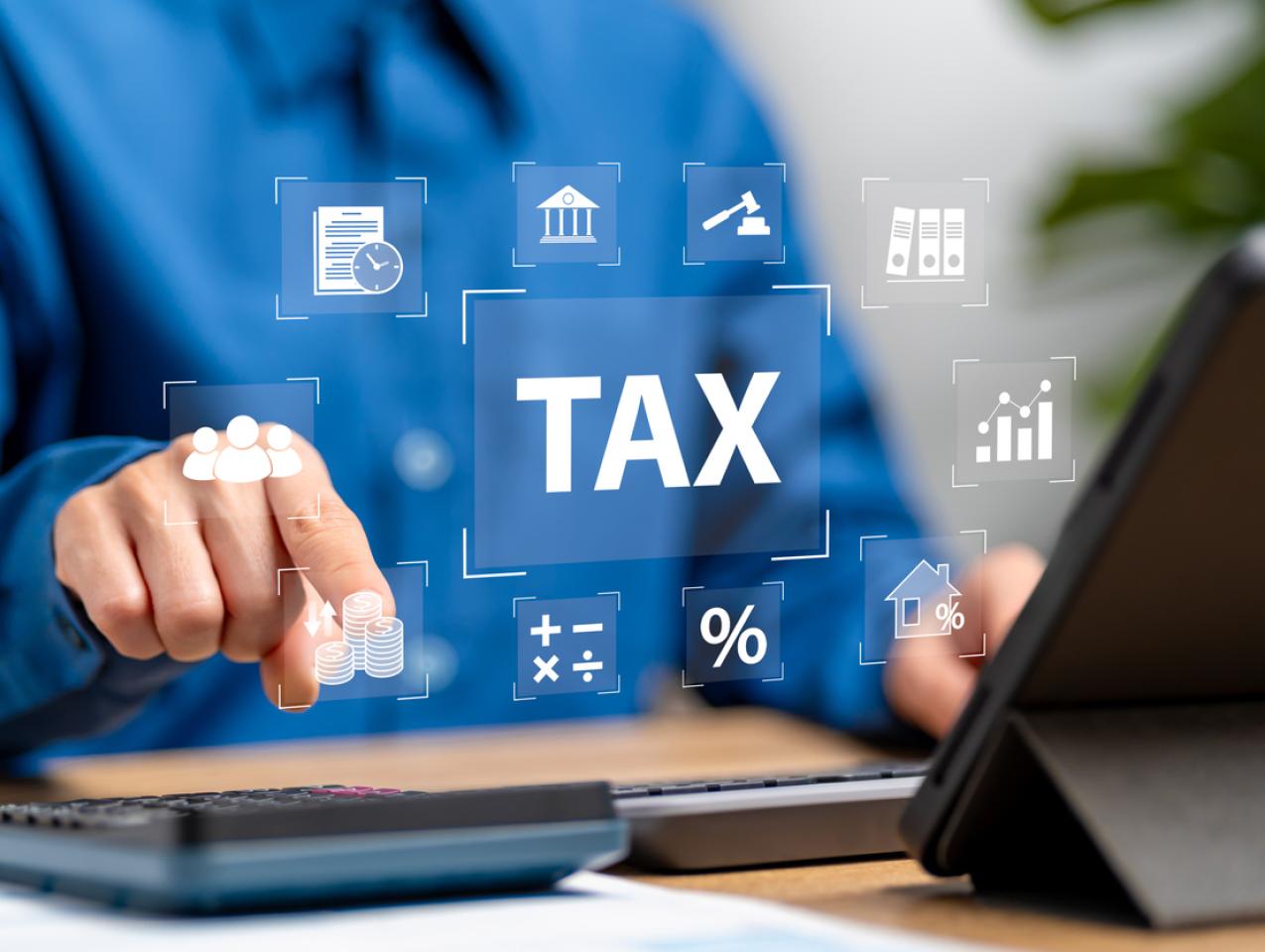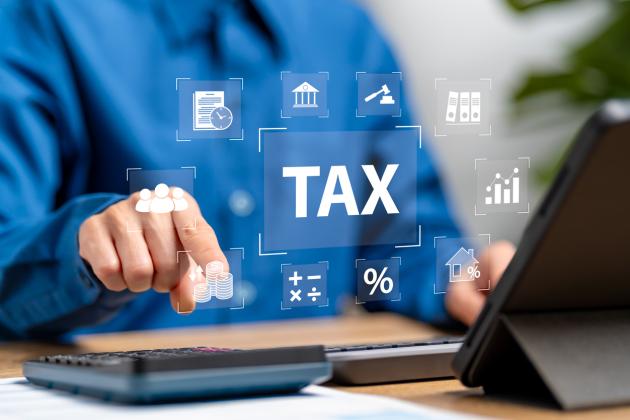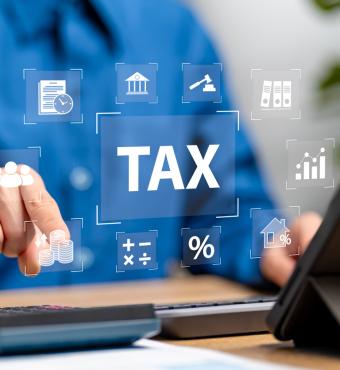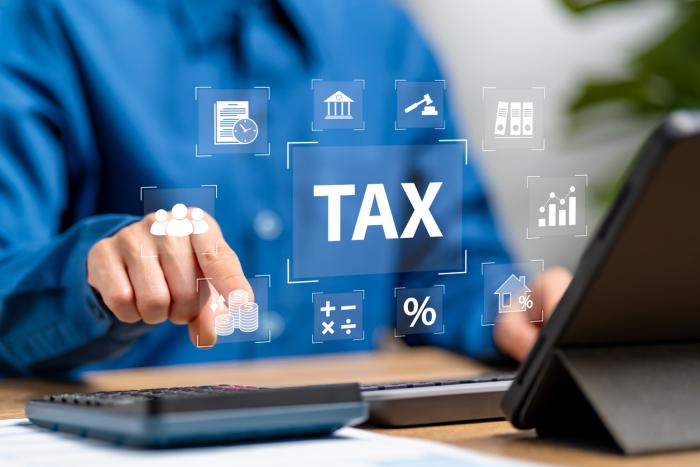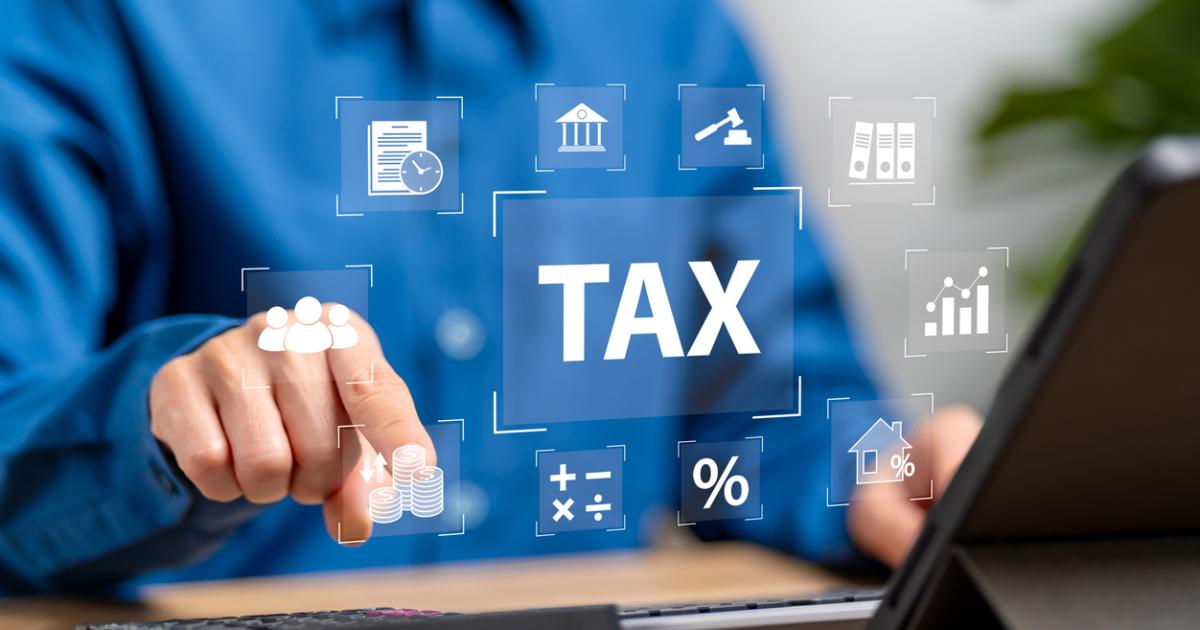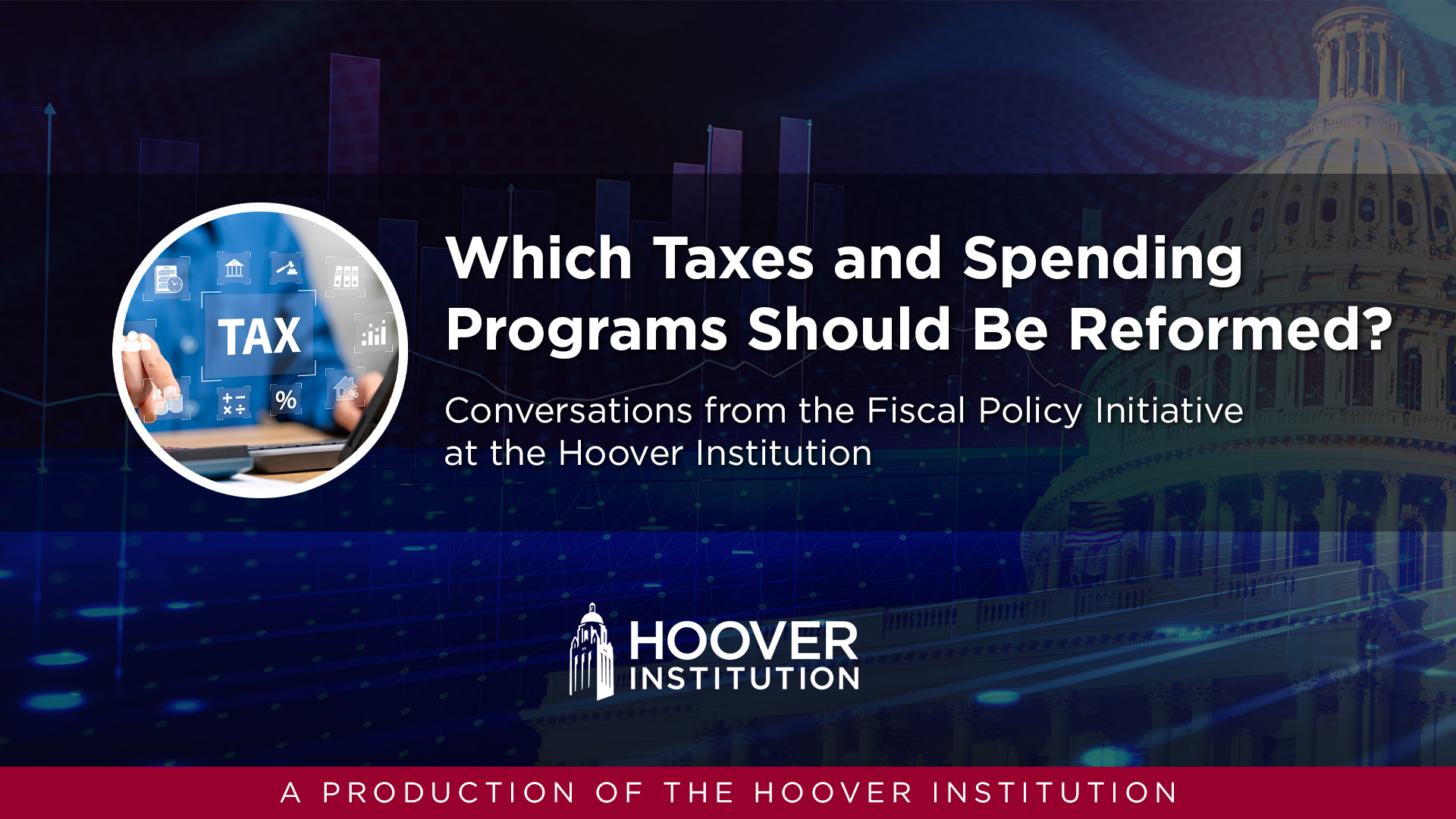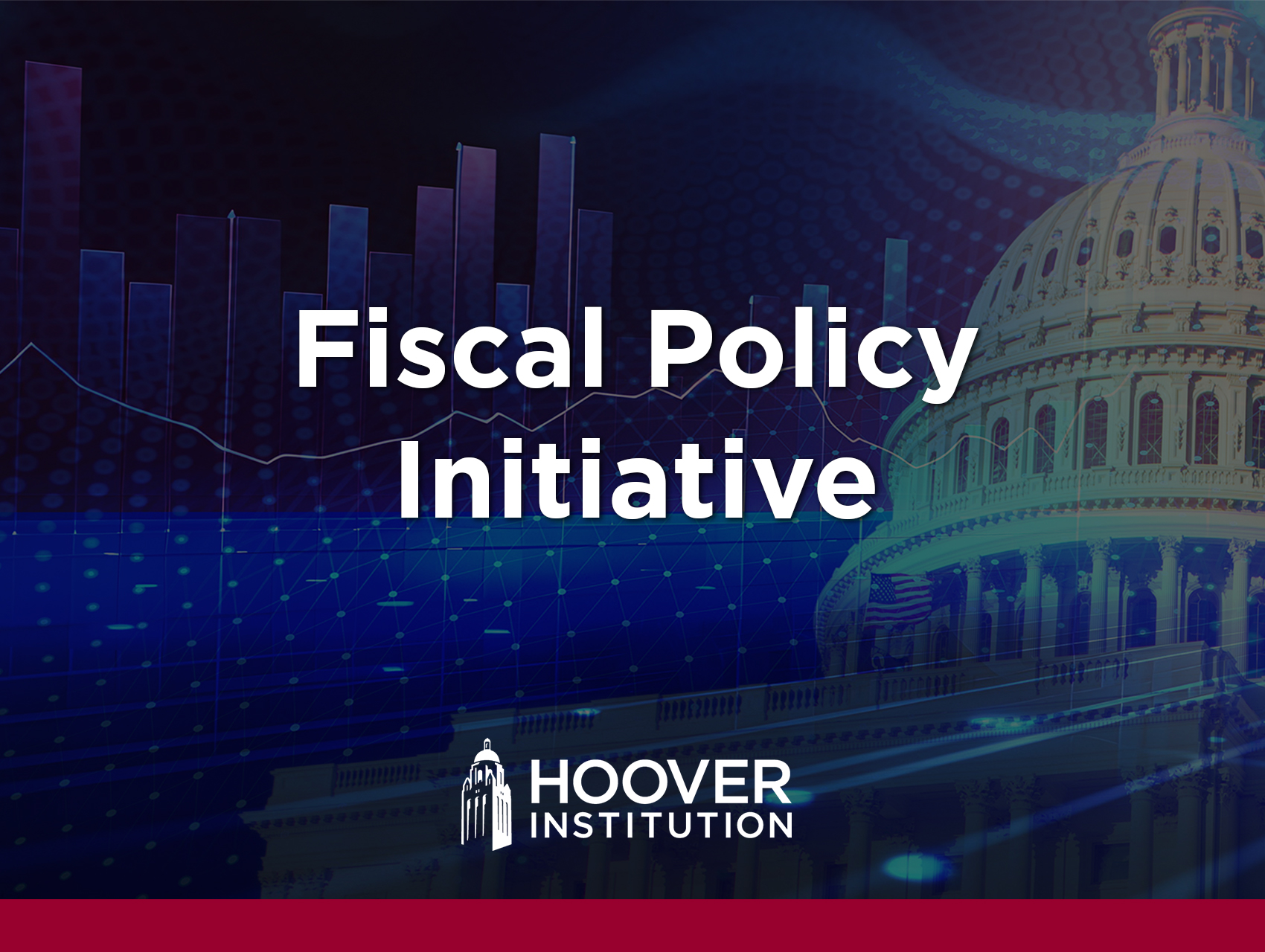- Answering Challenges to Advanced Economies
Consumption taxes are the most efficient way to address America’s fiscal challenges because they don’t discourage productive activities like working, investing, and research that enhance future economic productivity. While politicians typically target high-income earners for tax increases rather than the middle class, this approach requires higher marginal tax rates that create disincentive effects on economic activity, with broadening the tax base while lowering rates being more economically efficient. Congress is unlikely to raise sufficient tax revenue given voters’ resistance to higher taxes, making continued large deficits probable and inflation the most likely outcome, functioning as a hidden tax that will ultimately pay for America’s deficits.
Learn more about the launch of the Hoover Institution’s Fiscal Policy Initiative.
WATCH THE VIDEO
>> Valerie Ramey: We have to have hard conversations about entitlements. And the reason we have to do it about entitlements is that that makes up the bulk of the spending of the US Government.
>> Joshua Rauh: The reality is that so much of US Government spending is in the entitlements Medicare, Medicaid and Social Security that without addressing these entitlements, we, we will not be able to restore fiscal balance.
As a result, Congress needs to look very, very carefully at these programs and understand where they can be made more cost efficient.
>> Kyle Pomerleau: Our current fiscal imbalance may prompt lawmakers to want to raise revenue to reduce the growth in debt. If lawmakers do so, they should focus on policies that raise a significant amount of revenue with the least amount of economic damage.
Policies like that generally have broad base, meaning that they tax the most amount of income, but also distort the least amount of behavior.
>> Rebecca Lester: So the classic question on how best to raise tax revenue comes down to this question of what we call the equity efficiency trade off.
So we might want to levy taxes in a very equitable way, but that may not be the most efficient way to raise taxes in the sense there might be groups that might be easier to tax relative to other groups that raise more revenue.
>> Valerie Ramey: The most efficient way to raise tax revenue is to tax consumption.
The reason is that the other activities, such as working and investing, are very productive activities that help the economy grow. Also, research and development and things that enhance productivity are tremendously important. So we do not want to tax as much as possible, we do not want to tax research and development expenditures.
We want to give them a subsidy. We do not want to tax investment because that's going to enhance the future productivity of the economy. And we want to tax less, at least labor. On the other hand, consumption, which of course people enjoy, is the main thing that we should tax because current consumption doesn't affect future productivity.
And so to the extent that taxes reduce an activity, it's better to reduce consumption than to reduce investment or research and development, because then we'll be richer in the future as a result of having more of the productive activities.
>> Joshua Rauh: The key principle of taxation is that when you tax something, you're going to get less of it.
So if you tax income, you're going to get less income. And we see that in the income tax code, in the amount of economic activity that it discourages. Economists have known for a long time that consumption taxes are actually the most efficient type of tax. However, the challenge is that if you were to task the federal government with introducing a consumption tax, it would probably do so without reducing all the other taxes that they impose on us.
As a result, we need to shrink the size of the federal government, return much of the power of government to the states, which finance their activities through more efficient tax mechanisms.
>> Kyle Pomerleau: The easiest way politically for lawmakers to raise revenue is to lean on existing taxes. Right now, the federal government raises most of its revenue through the individual income tax.
Unfortunately, the individual income tax is not a well structured tax. It has a relatively narrow base that allows for a lot of significant expenses to be deducted against, such as charitable contributions, home mortgage interest expense, and to some degree, state and local taxes. It also has pretty high statutory tax rates, statutory rates that under current policy are 37%.
Raising this tax, especially raising the statutory tax rates, are going to reduce the returns to working, in some cases, some cases significantly. For households that are already facing pretty high statutory rates.
>> Rebecca Lester: Well, one possibility might be to increase tax rates to let the tax rates, the lower tax rates on individuals expire and for those individual rates to increase back up.
That would actually raise a pretty substantial amount of income.
>> Valerie Ramey: Well, typically politicians say, let's raise taxes on higher income people. Very few politicians want to raise taxes on middle income people because of course, they constitute many of the voters, so they'll often go for the high income people.
The problem is that in order to raise enough revenue, then one must have a higher marginal tax rate, that is the amount of tax you pay on each extra dollar you earn, which can have some disincentive effects on economic activity. So it's good you've had some reforms, such as the Reagan 1986 reform, where they broaden the tax base which allowed them to reduce the marginal rate.
And many economists think that that's really the way to go. But it's not clear whether politicians these days will actually go for the economically more efficient way to raise revenue.
>> Joshua Rauh: I don't see Congress as likely to take actions that result in raising tax revenue. The American people do not wanna pay more taxes, and Congress knows that their elections depend on the satisfaction of the voters.
What I think is more likely to happen, unfortunately, is that unless we can generate very, very large spending cuts, we're going to continue on a path of large deficits until the consequence is inflation. And inflation is a type of tax and is the most likely type of tax that will pay for our deficits.
Featuring:
- Valerie Ramey, Hoover Institution
- Joshua Rauh, Hoover Institution
- Kyle Pomerleau, American Enterprise Institute
- Rebecca Lester, Stanford University






